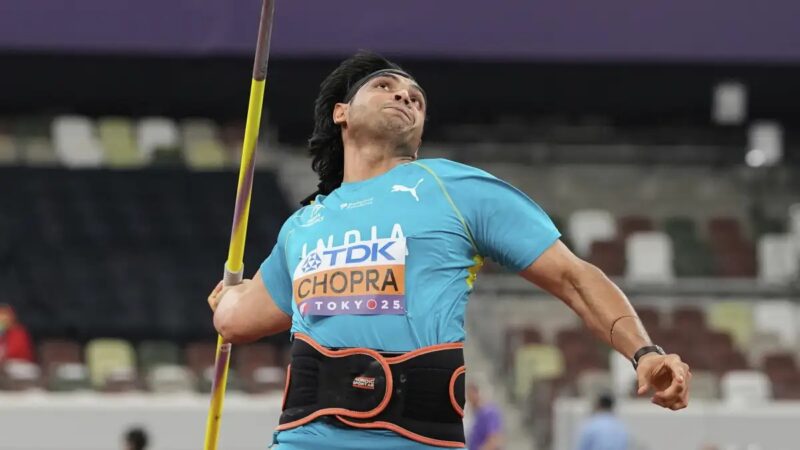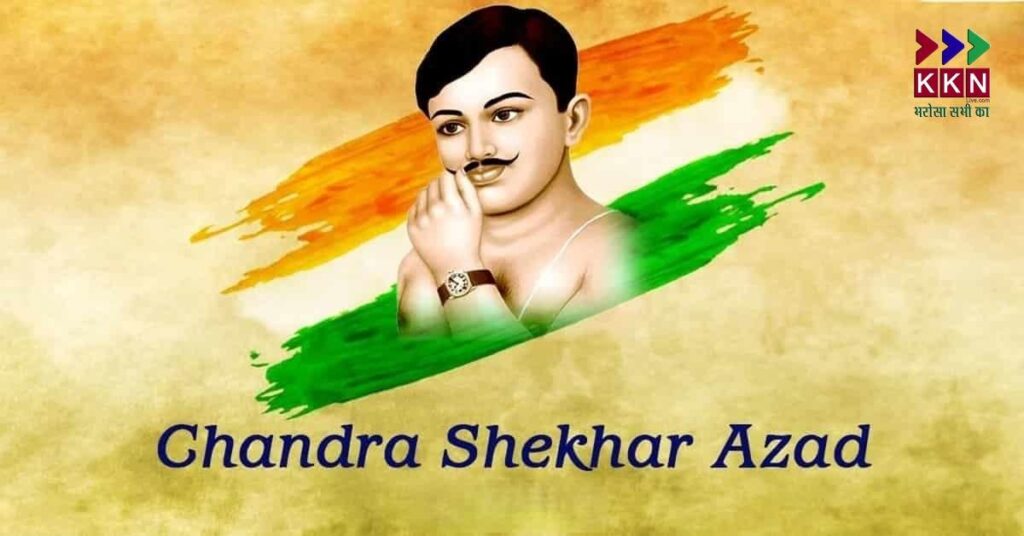
The Tokyo National Stadium, once the scene of his greatest triumph, offered Neeraj Chopra a completely different experience on Thursday night. The reigning Olympic champion and India’s most decorated javelin thrower finished eighth in the World Athletics Championships Tokyo final, marking the first time in seven years he failed to secure a place on the podium.
It was not the fairytale return many had hoped for. Chopra, battling a back injury, could not rediscover the form that had carried him to medal after medal since 2018. Instead, he walked away with valuable lessons, reflecting on sport, resilience, and the unpredictability of competition.
A Sobering Night in Tokyo
Neeraj Chopra entered the Tokyo final with high expectations. The Japan National Stadium had been the place where he claimed Olympic gold at Tokyo 2020, a moment etched in India’s sporting history. But this time, the night belonged to others. His throws lacked rhythm, and his body refused to cooperate despite his unrelenting spirit.
Chopra opened with 84.38m, a decent attempt but not near his best. He followed it up with another throw slightly over 84m, but as the rounds progressed, it became clear that he was struggling. His timing felt off, his confidence shaken, and his injury played a visible role in limiting his power.
Back Injury and Mental Struggles
Chopra revealed later that he had been carrying a back problem since early September. The injury surfaced during his training in Czechia, and it disrupted his preparation.
“I was not feeling ready today. My timing was completely off. I did not have the belief that I could get one big throw,” Chopra admitted. His candid reflections highlighted both the physical and psychological impact of competing while injured.
Despite the frustration, he chose not to hide behind excuses. He acknowledged that sport can be unpredictable and that setbacks are part of the journey.
Sachin Yadav Steps Into the Spotlight
While Chopra endured a disappointing night, his younger teammate Sachin Yadav seized the opportunity. The 23-year-old delivered a personal best throw of 86.27m, immediately putting himself in contention for a medal. For a brief period, it appeared India would once again celebrate a javelin thrower on the podium.
Yadav eventually finished fourth, narrowly missing out on bronze, but his performance drew widespread praise. His series of throws, including two over 85m, showcased maturity and consistency beyond his years. “To deliver a personal best on the world stage is very special,” Chopra said about Yadav, applauding his rise.
Yadav trains at Jawaharlal Nehru Stadium in New Delhi and has been steadily improving over the past few years. His Tokyo performance underlined India’s growing strength in javelin beyond Chopra.
The Medal Winners
The night saw exceptional performances from other international stars. Trinidad and Tobago’s Keshorn Walcott, a 2012 Olympic champion now coached by Klaus Bartonietz, threw 88.16m to secure gold. Grenada’s Anderson Peters, a two-time world champion, took silver with 87.38m.
American Curtis Thompson produced a strong 86.67m, which pushed Sachin Yadav into fourth place. Yadav’s best attempt at 85.71m after the fourth round could not surpass Thompson’s mark.
Chopra’s Final Attempts
Even in pain, Chopra fought until the very end. His final throw, attempted in rain-soaked conditions, slipped from his grip. He crossed the foul line and the throw was not measured. For the first time since September 2018, Chopra stood outside the top three in a global competition.
The disappointment was evident, but Chopra managed a smile when Germany’s Julian Weber encouraged him by saying, “Come back.” Chopra replied, “I will come back. I have to.”
The Champion’s Honesty
Chopra’s approach to defeat revealed his maturity as a champion. He acknowledged his struggles openly, praised his teammate, and refused to blame external factors. The change in weather, the altered competition schedule, and new elimination rules were all mentioned, but never as excuses.
“I have shared the real reason. My training was impacted by my back condition. I had told the Federation. I will get fit and be back,” Chopra said with determination.
Emotional Moments Beyond the Track
There were also lighter moments despite the setback. Australian runner Jessica Hull, unaware of Chopra’s poor result, congratulated him assuming he had medaled again. Chopra smiled and explained later that it felt like a reminder of how sport sometimes changes quickly.
He accepted that the experience, though painful, could strengthen him. “This is sport. Anything can happen. I hope this will make me stronger. Athletes often return stronger after such setbacks,” he said.
Seven Years of Consistency Broken
Since 2018, Neeraj Chopra had not finished outside the top two in any major event. His Tokyo 2020 Olympic gold, Asian Games victories, Diamond League titles, and consistent performances had made him the face of Indian athletics.
The eighth-place finish in Tokyo was his first off-podium result in 25 competitions. For an athlete so used to success, the disappointment was significant but also offered a rare chance for introspection.
The Rise of Indian Javelin
Chopra’s journey has already inspired a generation of Indian athletes, and Sachin Yadav’s performance shows that inspiration is bearing fruit. India’s growing presence in global javelin competitions signals depth and future potential.
While Chopra shoulders the expectations of millions, the emergence of athletes like Yadav provides hope that Indian javelin can thrive even beyond one superstar.
Chopra has already set his sights on recovery and the next phase of his career. The coming year is packed with major events, including the Commonwealth Games, Asian Games, and the World Athletics Ultimate Championships in Budapest.
His focus remains on consistently breaching the 90m mark, a milestone he has been chasing. The setback in Tokyo could act as motivation to refine his technique, rebuild his strength, and approach competitions with renewed purpose.
Lessons From Tokyo
Neeraj Chopra’s Tokyo journey in 2025 serves as a reminder that even the best face adversity. His resilience, honesty, and refusal to surrender mark him as a true champion. For India, his eighth-place finish is not a defeat but a pause in an extraordinary story.
Meanwhile, Sachin Yadav’s fourth-place finish is a sign of things to come. Together, their contrasting nights highlight the beauty and unpredictability of sport.
The World Athletics Championships Tokyo final will be remembered not for Chopra’s dominance, but for his humanity. For once, the golden boy of Indian athletics faltered, and in that faltering, revealed the deeper spirit of sport.
Neeraj Chopra’s eighth-place finish, Sachin Yadav’s breakthrough performance, and the global excellence of Walcott and Peters created a night of drama and lessons.
Chopra’s promise to return stronger resonates with his fans. His story continues, with more medals likely to come, but also with the understanding that even champions stumble—and it is in those moments they often find their greatest strength.


